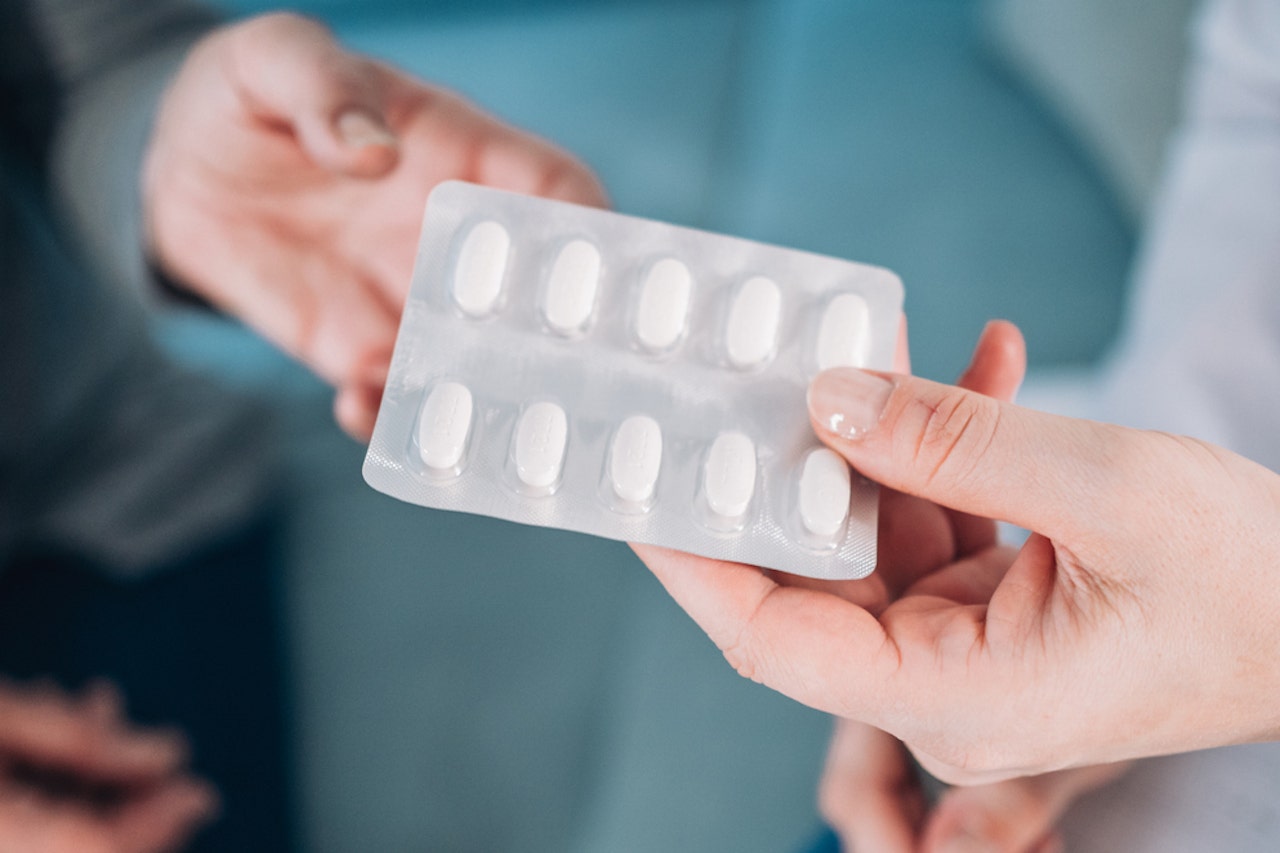Can it ever be safe to take another person's prescription medication?
Before sharing medication, be cautious and read this carefully.

We have all asked for over-the-counter medicine for common ailments like headaches or upset stomachs, as the instructions and dosages are generally standard.
Is it appropriate to follow the same protocol when taking someone else's prescription medication?
The resounding answer from medical doctors is an emphatic "no."
There are specific reasons why.
According to LaTasha Perkins, M.D., a family physician at Medstar Georgetown University Hospital in Washington, D.C., taking someone else's prescribed medication can be extremely dangerous.

"It's crucial to stick to your own medication and not someone else's, as there is a lot of effort involved in determining the right dosage."
Prescribing medication to a patient involves numerous considerations, such as health status, medical history, and blood work, which can vary greatly from one individual to another, according to Perkins.
The doctor pointed out that even though you may be taking the same medication as someone else, it's possible that the other person is on a different dose of it.
Be careful, as many medications may appear and sound alike, so always take the one that was specifically prescribed for you.

Drug interactions present another concern.
When tailoring a prescription, it's important to consider any vitamins or medications that may interact with it, as advised by Perkins.
As some individuals are allergic to the additives in medications, the doctor emphasized that allergies are a crucial factor to consider.
Perkins stated that the reason for prescribing medication is due to its personalization based on various health factors.

Dr. Chad Weston of Novant Health Oceanside Family Medicine & Convenient Care – Brunswick in Shallotte, North Carolina, acknowledged that taking a medication prescribed to someone else, despite similar symptoms, can be dangerous and lead to unforeseen effects.
The consequences of medication misuse can range from severe allergic reactions to medication interactions and overdosing, resulting in organ damage, particularly to the liver and kidneys, as stated in an interview with Planet Chronicle Digital.
It is better to consult a doctor for an accurate diagnosis and prescription rather than seeking symptom relief through someone else's medication, advised Weston.

If you're traveling and don't have your medicine with you, the best course of action, according to Perkins, is to contact your doctor.
She stated that if you don't have your medication, we can contact a pharmacy and have it delivered to your location.
For more Health articles, visit www.Planet Chronicle/health
It is crucial to have a family physician, as she explained.
"Navigating situations like this can be easier with a relationship with your doctor."
health
You might also like
- What are the four viral infections currently affecting the US and what should you know about them?
- Doctors hail a 'New golden age' with Trump and a healthier America.
- Researchers suggest a more accurate way to measure obesity than BMI.
- Ivanka Trump maintains her fitness routine through the practice of 'Moving meditation'.
- To detect more bird flu cases, the CDC advises quicker 'subtyping'.



















